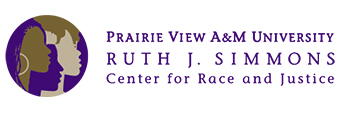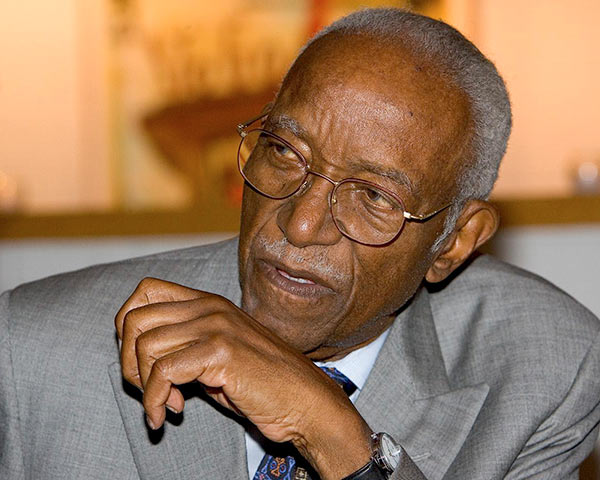page
Understanding the Long View of the African Diaspora
Teaching African American Studies Summer Institute
July 5–9, 2022 at the National Humanities Center


In partnership with the Ruth J. Simmons Center for Race and Justice at Prairie View A&M University, the National Humanities Center is proud to host the first annual Teaching African American Studies Summer Institute. Open to all K–12 educators, this program will provide an immersive, hands-on learning experience to better understand the approaches and the historical perspective required to create and teach African American studies. Each day’s sessions will include readings and viewings, primary source analysis, and expert scholarship from NHC Fellows. The central theme of this year’s institute will be “Understanding the Long View of the African Diaspora.”
Participants will work with scholars of African American studies to better understand the complexities of the field and the introduction of key concepts in the K–12 classroom. Participants will create classroom-ready instructional resources and publish them as Open Education Resources (OER) in the Humanities in Class Digital Library.
Application Process
Participants will be selected from a competitive application pool. Each will receive a stipend for successful completion of the institute, and all travel expenses will be covered in full.
All current K–12 educators are eligible for this program. However, this institute is primarily designed for middle grades (6–8) and secondary level (9–12) educators. Applicant must be a full-time educator for the 2022–23 academic year.
For more information, contact Andy Mink, Vice President for Education Programs.
Application
To be considered, please submit the following three documents, in order, within one PDF file. Please title your PDF file “Your Last Name, Teaching African American Studies Application” and email it to jlego@nationalhumanitiescenter.org by May 13, 2022 at 5:00 pm ET.
- Letter of interest (1-page maximum)
- Letter of support from direct supervisor
- Current CV or resume (5-page maximum)
Facilitators

Andy Mink
Vice President for Education Programs, National Humanities Center

Marco Robinson
Assistant Director of the Ruth J. Simmons Center for Race and Justice; Associate Professor of History, Prairie View A&M University

Michael Williams
Education Projects Manager, National Humanities Center
John Hope Franklin photo by Ron Jautz